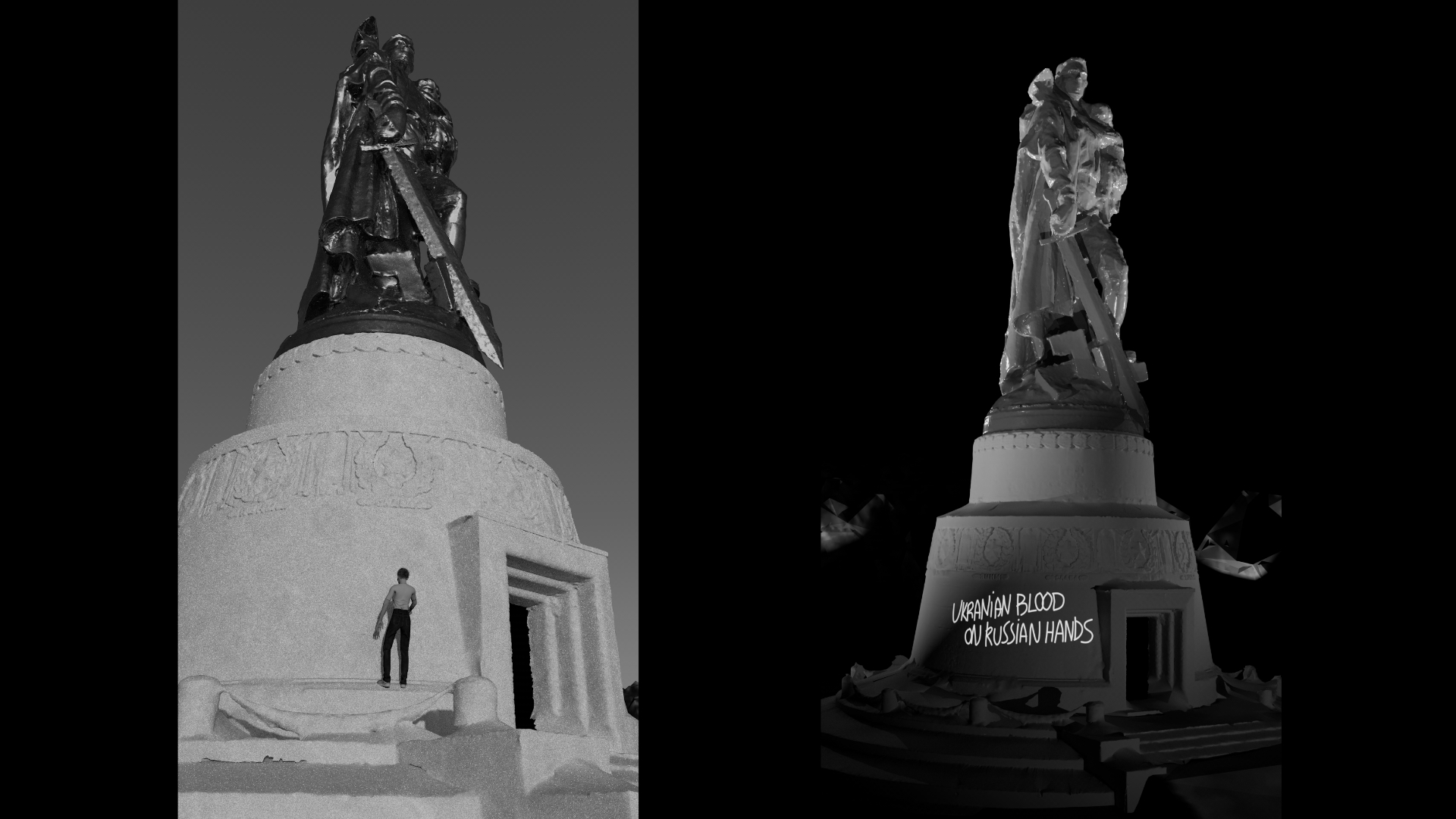
The legacy of colonialism permeated cities, shaping our memory of victims and perpetrators. In her talk, curator and researcher Elena Ishchenko invites everyone to participate in a discussion about memorial culture policies, with a focus on the Russian example, where the government and pro-government organizations strictly regulate public commemoration.
Monuments erected across various republics and regions within the borders of the Russian Federation and beyond conceal the history of Russian colonial violence against Indigenous populations behind the facade of “visionaries” and “discoveries,” while often highlighting the colonizers. In response to the prohibition of remembering in their way, artists, especially those from Indigenous communities, propose counter monuments — sites for grieving and reflection to help history regain its political and personal significance.
Elena Ishchenko is a curator, researcher, and activist whose practice focuses on the history and outcomes of Russian colonial and imperial politics. Through a variety of projects, including exhibitions, educational initiatives, workshops, and digital platforms, she develops a decolonial perspective. As a curator at Typography Collective, a self-organized art initiative based in Krasnodar, Russia, until the beginning of a large-scale invasion of Ukraine, which then turned online, she is also interested in and practicing various forms of independent, collective, and collaborative work that foster social imagination.
After the talk we will be heading into public space for a walk. Feel free to join.
Details will be shared on the Sunday on site.
An event within the framework of “Everyone an Island After All?”
Support
Der Senator für Kultur der Freien Hansestadt Bremen
Die Beauftragte der Bundesregierung für Kultur und Medien im Zusammenhang mit dem Programm NEUSTARTplus Plattformen der bildenden Kunst der Stiftung Kunstfonds
Image credit
Narbe//Scar, 2-channel video in public space, 2023, Jeanna Kolesova